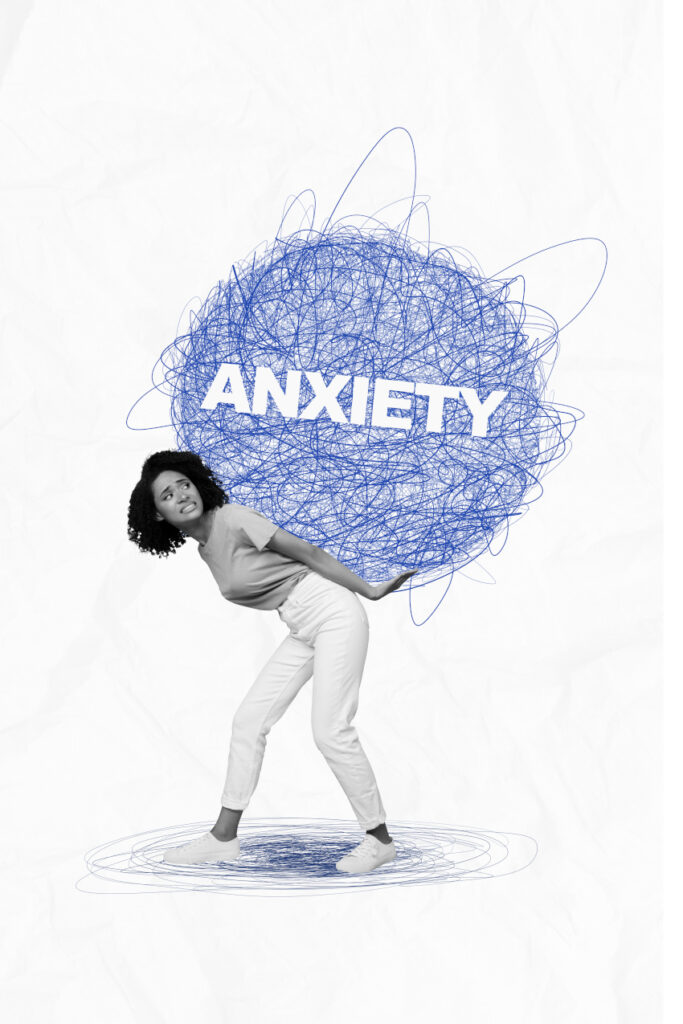Hello everyone, I trust you are all settling into the City Law School well?! I recently attended the event ‘Psychological Perspectives and the Art of Advocacy’ held in our lecture theatre, and here are a few key takeaways from the event. Hopefully you will find them as useful and insightful as I do.
What is Legal Advocacy?
According to the definition provided by the Solicitors Regulation Authority, ‘Legal Advocacy’ is when lawyers represent their clients in courts or tribunals. In relation to representation, lawyers are generally required to send a written summary of the client’s case to the courts or tribunals, present their submissions verbally, examine and cross-examine the witnesses, and so on. Therefore, mastering advocacy is an absolute crucial skill for lawyers, particularly to barristers and advocates.
The word ‘Advocacy’ will be very familiar to Bar Students, since both Criminal and Civil Advocacy modules are set by the Bar Standards Board to be compulsory in our course. For Civil Advocacy, we get to draft our skeleton arguments, learn the court formalities, address the court correctly, and present our submissions professionally. As for Criminal Advocacy, we get to master the techniques of examining and cross-examining witnesses through copious in-class practice. As you can already tell, there is a whole lot to learn in Advocacy and it is challenging. Challenges aside, Advocacy can be a piece of beautiful art once we see it from a whole new perspective. What makes it beautiful? Simple – Practice! Advocacy can evoke anxiety in most students at one point in their learning journey. Boring, but again, practice is the solution.
The Psychological Perspectives

Imagine if you are suddenly asked to perform a presentation or present submissions in front of the crowd, how will you feel neurologically and physiologically? Absolutely, you will most likely feel overwhelmed, you’ll be expecting the worst to happen.
During the session, some Bar students recounted incidences of brain fog, lack of focus, hypersensitivity, indeed for some they felt their brain seemed to stop functioning whenever they were asked to perform in their advocacy classes. Furthermore, they would sweat a lot, get tired, hands shaking, feeling of butterflies in their stomach, and so on.
I am with you, and all those reactions mentioned above are COMPLETELY NORMAL! Psychologically, when we face pressure and stress, we will feel fear, panic, helpless and overwhelmed. What we can do is to cope with it and embrace it. Self-awareness is the prime key here: learn to regulate your emotions, and recognise the threat and pressure you are put under.
Strategies for Dealing with Advocacy Anxiety
Everyone has their very own unique strategies for tackling Advocacy Anxiety, but generally a starting point is to fully prepare for each advocacy class in advance and practise your piece of advocacy before class. If we fully prepare for the class, there is nothing to be worried about. Please do trust what you have prepared and be confident with your work! I believe everyone must have heard of the saying “Practice Makes Perfect”. This could not be more true. The more we practise our advocacy pieces, the more familiar we get with our own voice. Eventually we will be able to cope with Advocacy Anxiety and focus on our advocacy performance. Trust the process.

Leveraging a growth mindset is equivalently paramount. What we feed into our minds definitely impacts our advocacy performance. Instead of telling ourselves “Oh God, I cannot do it”, “I am sooo stressed!”, “I am the dumbest person in the room”, try replacing these thoughts with “Breathe ~ what’s the worst that could happen?”, “I will be all right!” and “I can do this!”. Fun fact for you: have you realised time tends to slow down when we feel anxious? Time is not lenient and is very cheeky! It speeds up and slows down and we never know! Do not be tricked and always keep this in mind – adopt a growth mindset, feed your mind with positivity and nice words, and see each performance as a golden learning opportunity. What is the worst that could happen, right?
Furthermore, it is very important to be kind to yourself. I understand we as Bar students are all perfectionists and we see striving for excellence as common practice. However, if we are too harsh on ourselves, is that a good thing? When it comes to advocacy, try to adjust our mindset a bit – Be a “good enough” advocate, rather than a perfect one. We are all “learning-in-progress”, we fall and we get back up and improve. This is how it works and that is also how we get closer to ‘perfection’.
It is inevitable that there will be some critical noise buzzing around our heads when we perform our advocacy pieces. Try to cut out the white voice and intrusive thoughts, and shift our focus solely to our performance. Little do we know we can in fact take the lead and stop anxiety from being in control!
Conclusion

Anxiety can make advocacy look ugly, but it is an art if we see it from another perspective. It can be somehow shooed away by a small trick. The prime key is what approach we take to tackle the stress in such pressurised environment and how we regulate our emotions. Always trust in ourselves that we are all CAPABLE of being able to control matters. Practice makes perfect and I am positive that we will eventually get the hang of it and able to combat advocacy anxiety!
Many thanks to Chloe Yuet Ng for this detailed and engaging report on the Advocacy event. Chloe is a current Bar Vocational Studies (LLM) student at the City Law School, with a special interest in Family Law. She enjoys meeting new people and spreading positive energy!

